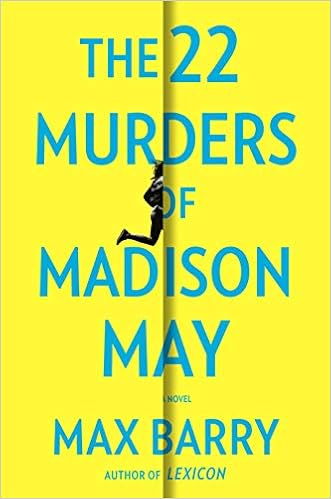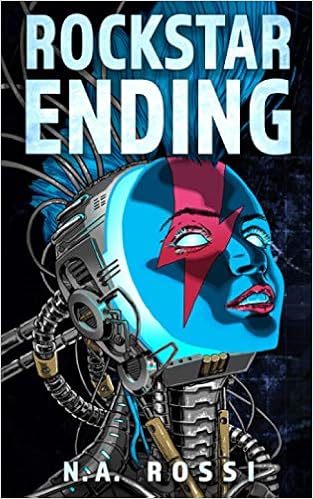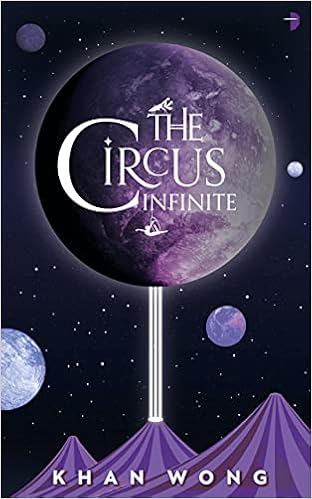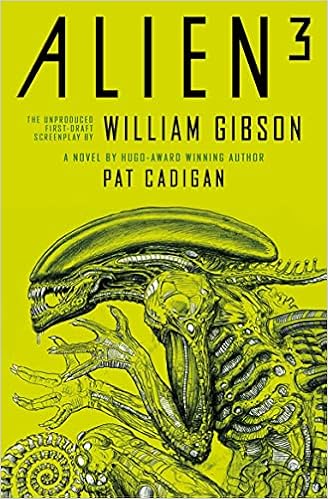
Murder and the multiverse. Yeah, that just about boils it down. This seems like a pretty simple premise, but the elegant word- and world-smithing of Mr. Barry are what make The 22 Murders of Madison May such an enjoyable read.
The novel opens with New York real estate agent Madison May getting brutally murdered by a client she is showing a house to, and the details, ludicrously, don’t make any sense.
Enter reporter Felicity Staples. Felicity is gathering the details on the senseless murder and seeing more and more that nothing is making sense, and the killing seems pretty random. Then she spots the killer on the subway and watches as he vanishes.
This is where things get really weird. Felicity seems to have slid into a different New York City. There’s been no murder of Madison May and details in Felicity’s life are just a little bit off. Then, this universe’s Madison May, an actress, is murdered.
From here, Felicity takes it upon herself to find the killer, and she runs into a few individuals who understand what is going on and are hunting the killer as well. Now, Felicity is jumping from universe to universe uncovering more and more clues and trying to reach a point at which she can stop the killer and Madison May can live.
This wasn’t my favorite of Mr. Barry’s work. Perhaps by design, I found it a tad disjointed compared to some of his other efforts. The worldbuilding is very well done, but I just didn’t find the world all that compelling. There are certain details that seem to have been watered down in editing, and that kinda bugged me. Don’t get me wrong, The 22 Murders of Madison May is a suspenseful read, I just wanted more out of it.


![Psycho Therapy by [Ryan Hyatt]](https://m.media-amazon.com/images/I/415kYK7OPqL.jpg)



![Reality Testing (Sundown Book 1) by [Grant Price]](https://m.media-amazon.com/images/I/51ZFKV7719L._SY346_.jpg)



Recent Comments